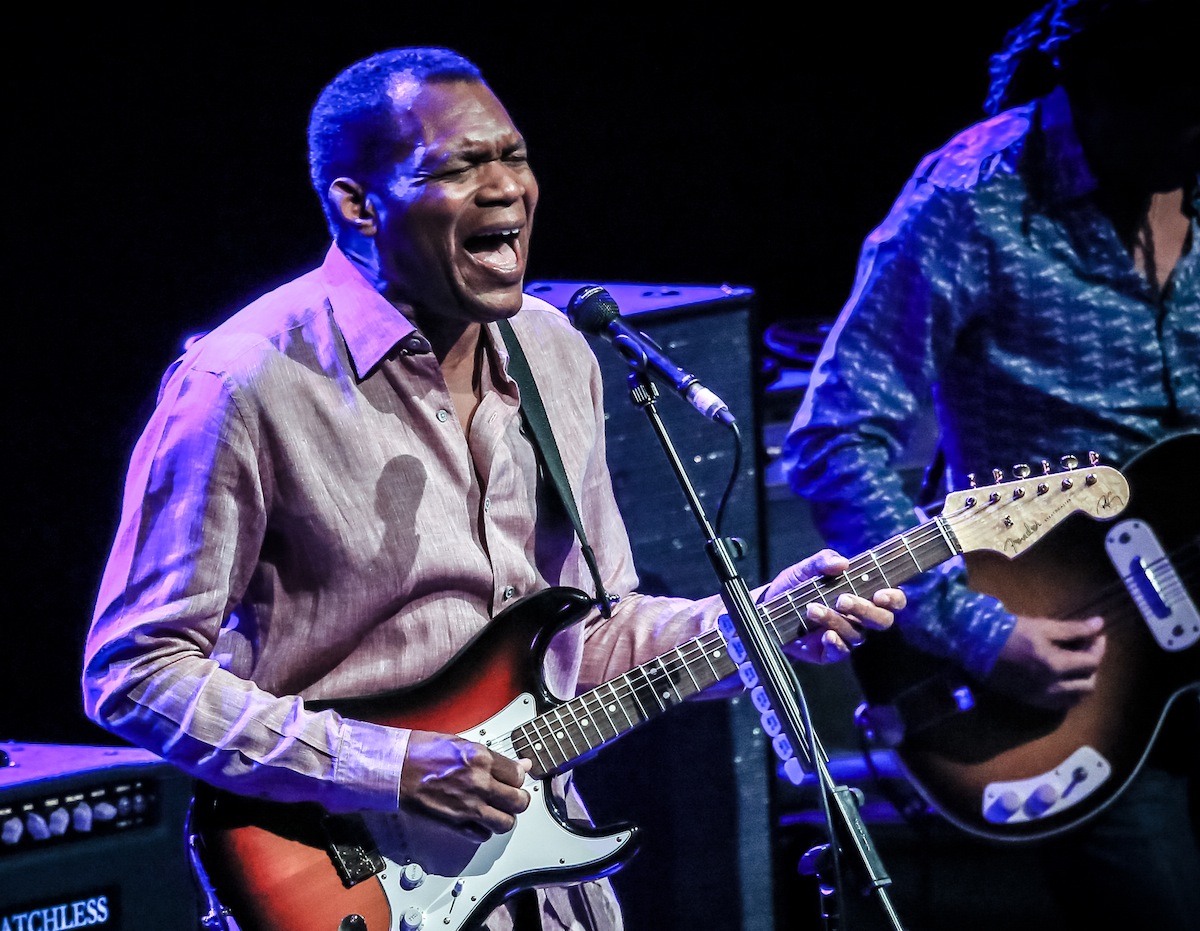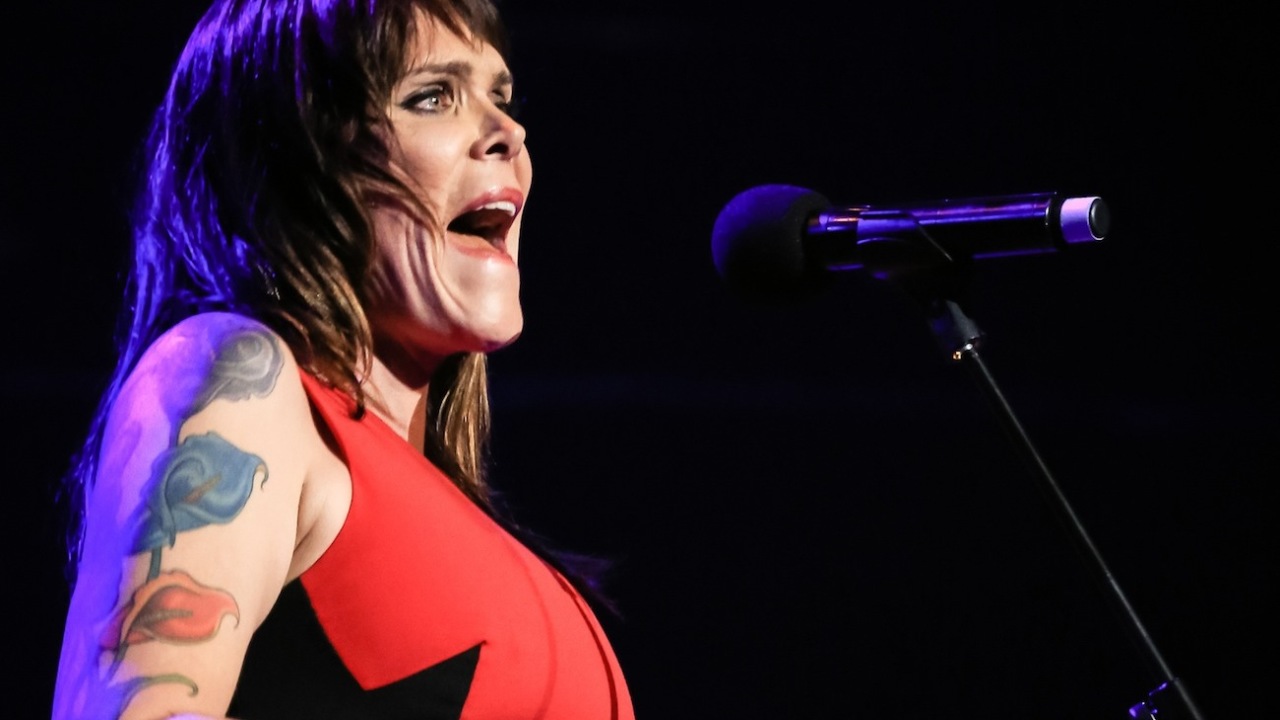You can trust Louder
What is it about Robert Cray that has made him such an icon of the modern blues world? It's hard to get to grips with his appeal. Yes, he is an accomplished guitarist and a fine singer. Some of his songs even have a melodic grasp. But what he and his band lack is passion, emotion – in other words, the fibre of blues.
Despite his talent, Cray is somewhat soulless. And there are times here when he almost sends people to sleep. So much ability, but it lacks feeling.

Beth Hart is at the opposite end of the primal spectrum. As soon as she bounds on and bursts into For My Friends, it’s clear why she’s held in such regard. Her voice roars and ranges with such power and fluency throughout that she never loses focus, holding everyone spellbound.
This performance has the air of a rehearsal, such is its spontaneous and relaxed vibe. Whether seated at the piano or striding around the stage. Hart is a pure entertainer. A lot of her own songs have the whiff of being cathartic, as she reaches down into her drugs and alcohol driven past, but at no point does it become morbid or moribund. She knows that what her audience have come to do is enjoy the musical experience. So, even songs like Monkey Back which could become depressing have a sense of joy about them, and when she looks back at her dark history, Hart does it with no hint of self-pity.
The feeling of being a privileged part of a rehearsal leaps out when Hart loses sight of the setlist and launches into the wrong number, quickly stopping to apologise to her confused band, before deciding to plough on with the wrong song. And when drummer Bill Ransom breaks into his accomplished solo, Hart sits on the side of the stage, swigging contentedly from a bottle of water.
But it’s that full on powerhouse voice that holds the attention, able to ride the range across the gamut from anger, as on Sick, to despair (Baddest Blues) and the upbeat (Better Man). There’s even a touch of humour through The Ugliest House On The Block and a real sense of self-awareness on L.A .Song (Out Of This Town).
We also get some showbiz manipulation at the end of the set, when she goes off and, seemingly, there won’t be an encore due to the time. But road manager Scott Guetzkow stands onstage exagerattedly pointing at his watch and shrugging his shoulders, before seemingly relenting and Hart comes back on for a solo rendition of My California, before being bodily removed from the stage by Guetzkow, who is also her husband.
Sign up below to get the latest from Classic Rock, plus exclusive special offers, direct to your inbox!
A triumphant accentuation of why Beth Hart has a growing popularity in the UK.
Malcolm Dome had an illustrious and celebrated career which stretched back to working for Record Mirror magazine in the late 70s and Metal Fury in the early 80s before joining Kerrang! at its launch in 1981. His first book, Encyclopedia Metallica, published in 1981, may have been the inspiration for the name of a certain band formed that same year. Dome is also credited with inventing the term "thrash metal" while writing about the Anthrax song Metal Thrashing Mad in 1984. With the launch of Classic Rock magazine in 1998 he became involved with that title, sister magazine Metal Hammer, and was a contributor to Prog magazine since its inception in 2009. He died in 2021.


